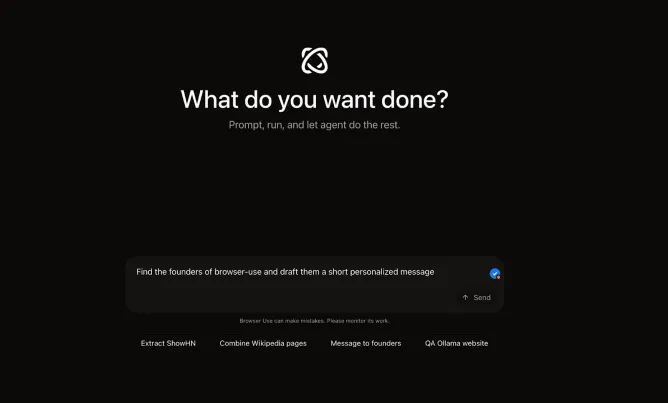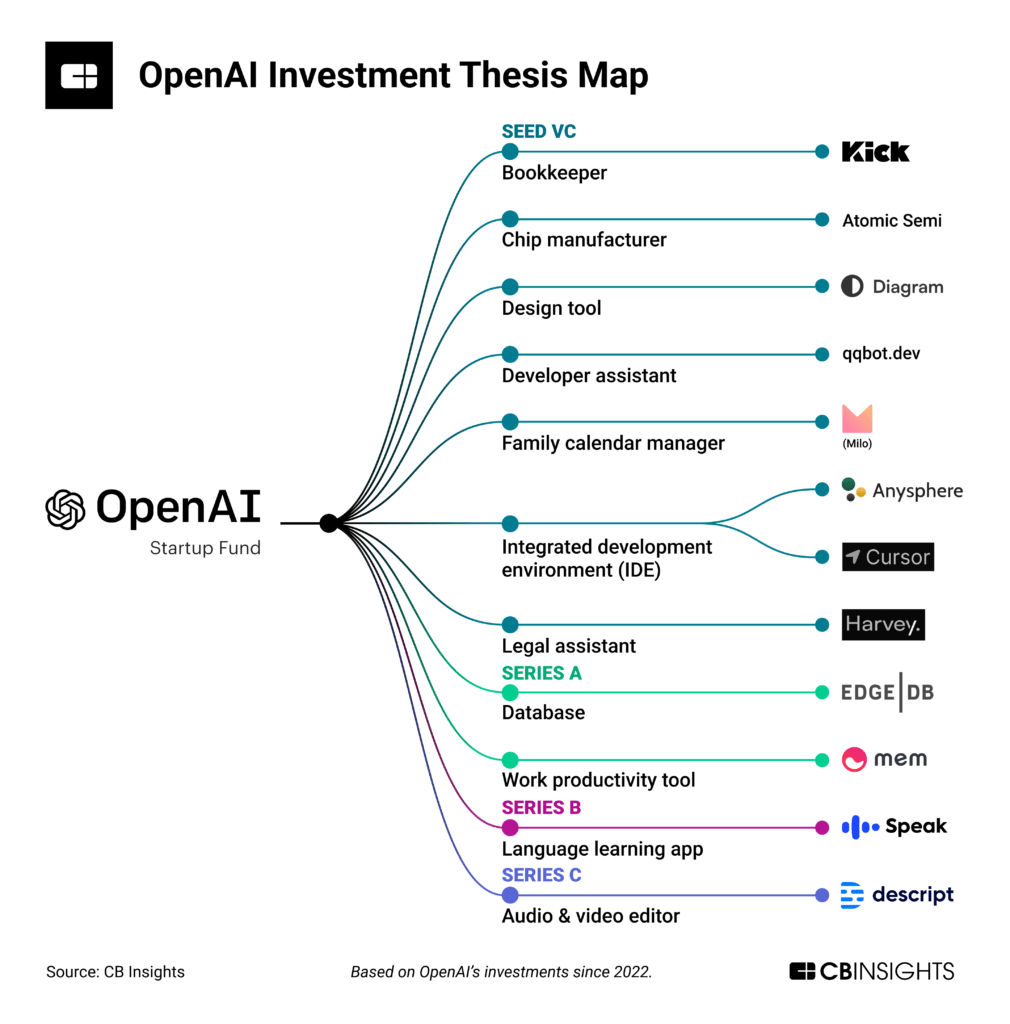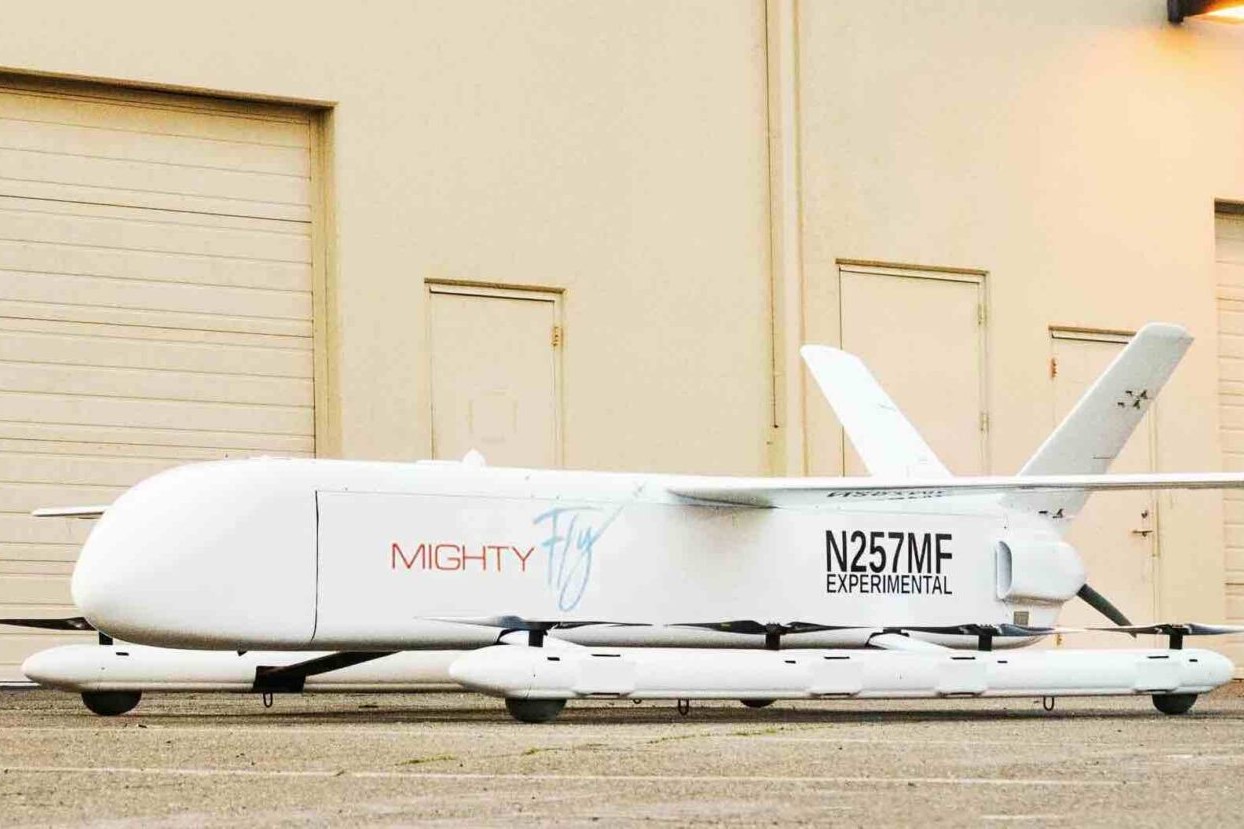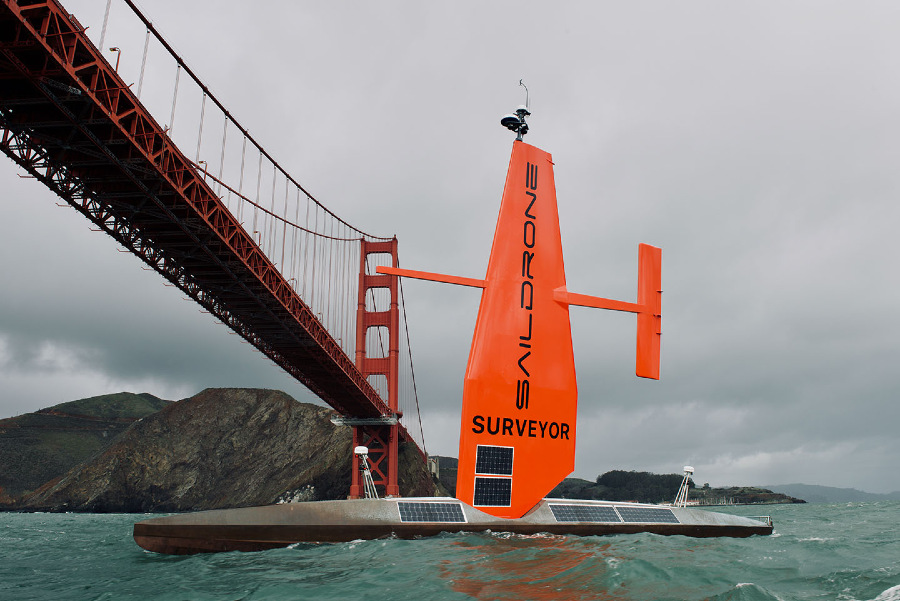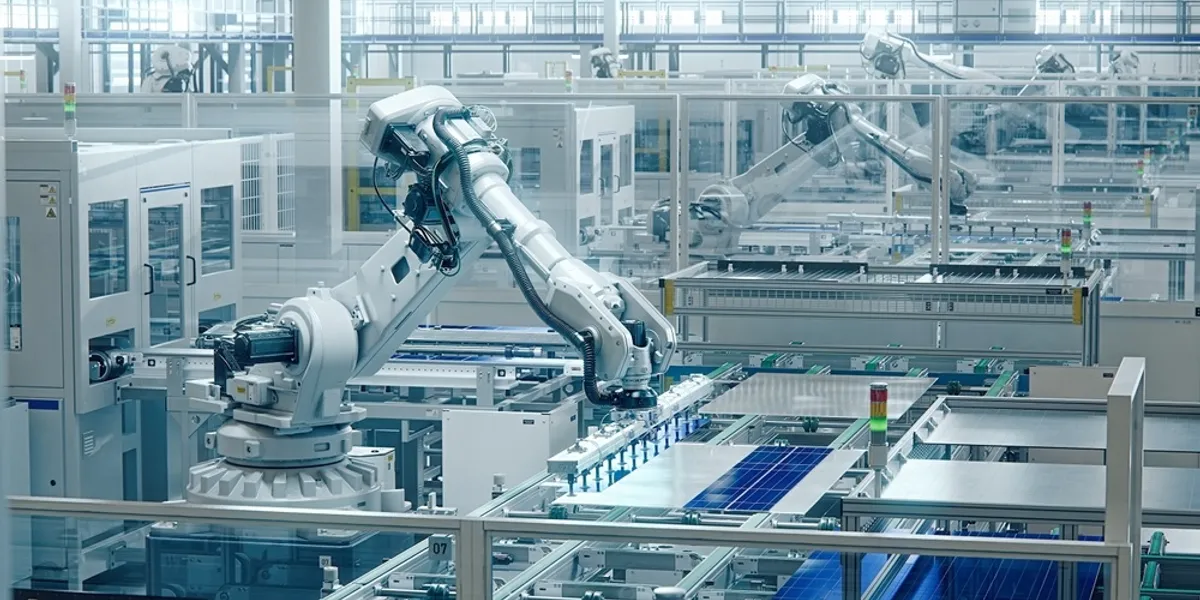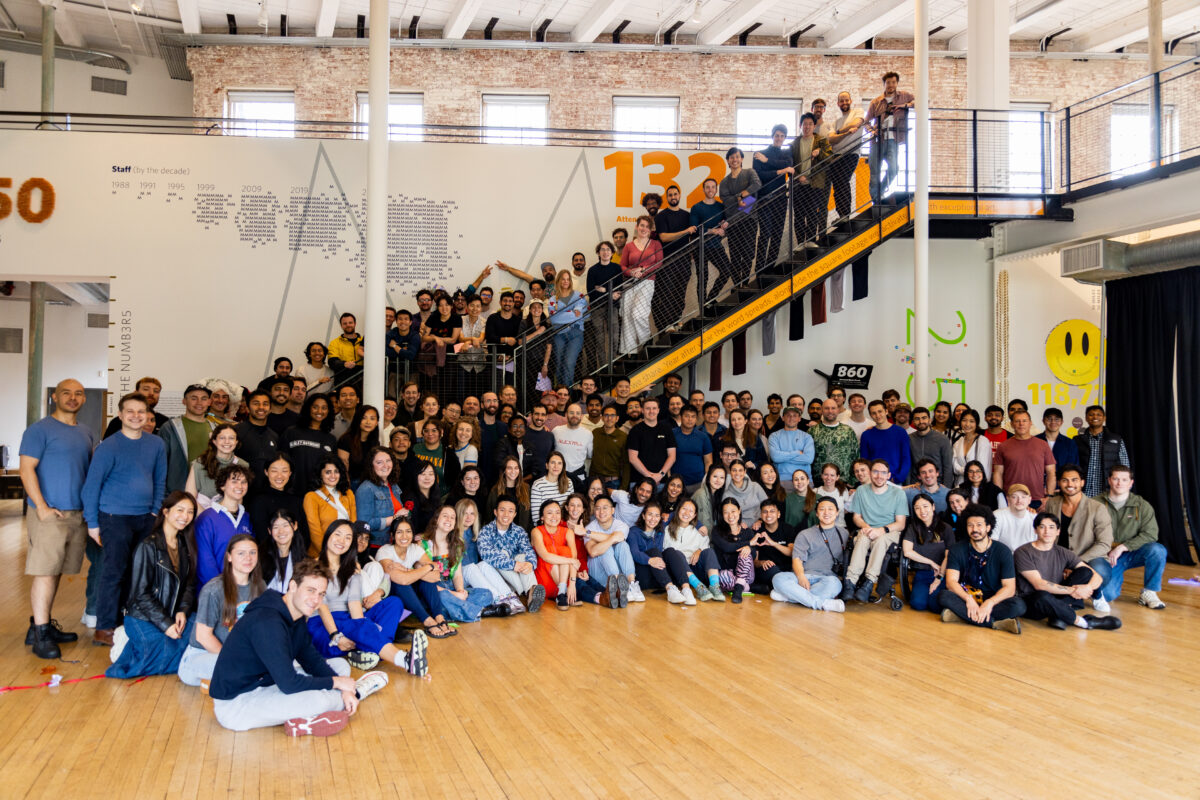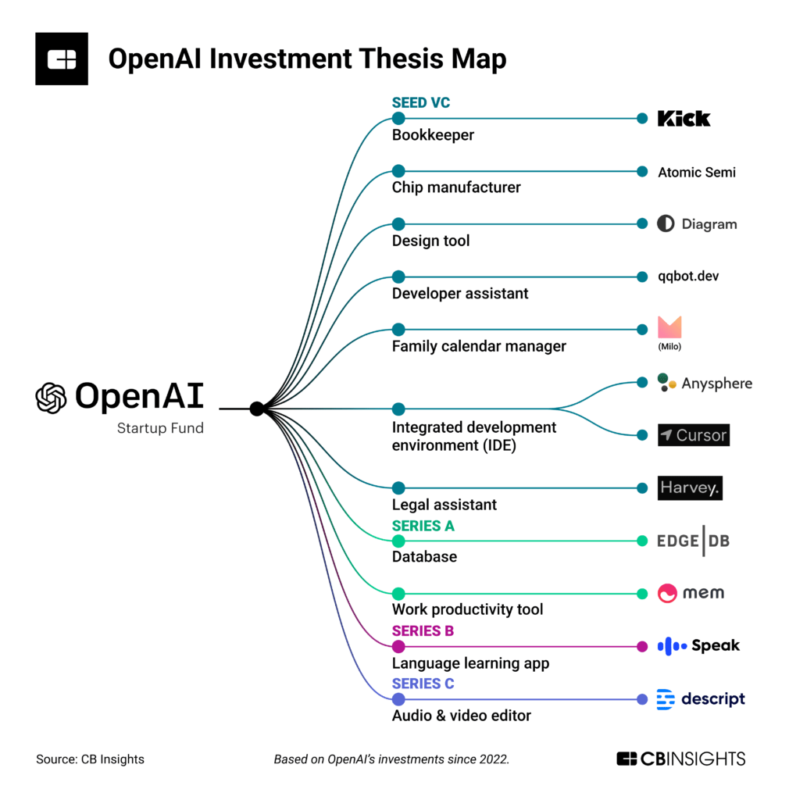On February 18, 2024, Ian Laffey posted a tweet that would change his life—and the lives of two fellow engineers he had just met. At a hackathon, Laffey, along with Sacha Lévy and Carl Schoeller, built a working drone for under $500 that could navigate without GPS. Instead, it used a basic onboard camera and Google Maps to calculate its coordinates. The team designed, 3D printed, and assembled the prototype within 24 hours.
“we designed, 3d printed and built a <$500 drone with that calculates GPS coordinates without a signal using a camera + google maps in 24h,”
Laffey wrote on X (formerly Twitter), alongside a short video of the drone in action.
The post went viral—and for good reason. In Ukraine, GPS jamming has made flying drones increasingly difficult. Without reliable signals, drone operators often have to resort to manually guiding them via high-tech goggles, which becomes nearly impossible in poor visibility like fog or nighttime. The hackathon drone’s ability to navigate independently of GPS struck a chord.
Though the team split after the event—Schoeller even said goodbye with no expectations—they quickly reconnected after the tweet blew up. Just one day later, they applied to Y Combinator and were accepted into the Spring 2024 cohort.
The Result
Now, just months later, their company Theseus, based in San Francisco, has raised $4.3 million in seed funding. The round was led by First Round Capital, with participation from Y Combinator and Lux Capital, the company told TechCrunch.
Unlike many drone startups—like Skydio, Shield AI, and Anduril—Theseus doesn’t build drones themselves. Instead, it’s developing the hardware and software that allow almost any military drone to operate without GPS. The goal is simple: get a drone from point A to B without external signals. Theseus doesn’t handle targeting systems or offensive capabilities.
The startup hasn’t landed any military contracts yet, nor has it deployed its tech in live combat. But the U.S. Special Forces has already taken notice, inviting Theseus to a secretive base for early-stage testing and development. The company even shared a photo with TechCrunch of its system being tested on-site.
With new capital in hand, Theseus is now focused on refining its technology and expanding its engineering team—currently hiring for three roles.
Reflecting on how quickly the team came together, CEO Carl Schoeller noted in a LinkedIn post that starting a company with near-strangers is usually not recommended. But in their case, the gamble paid off.



